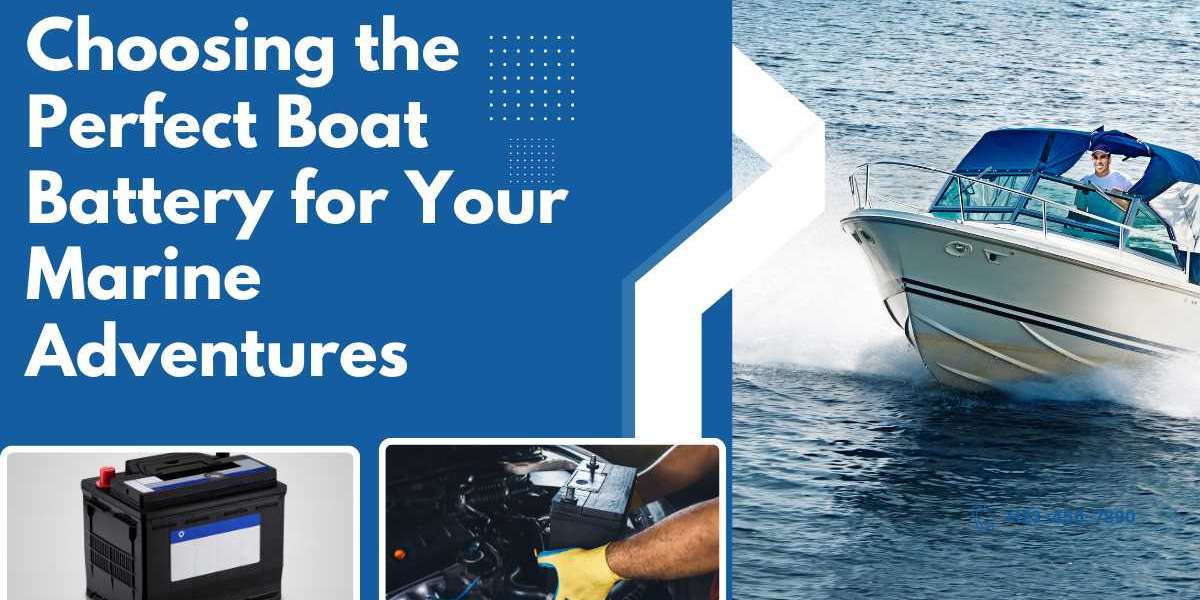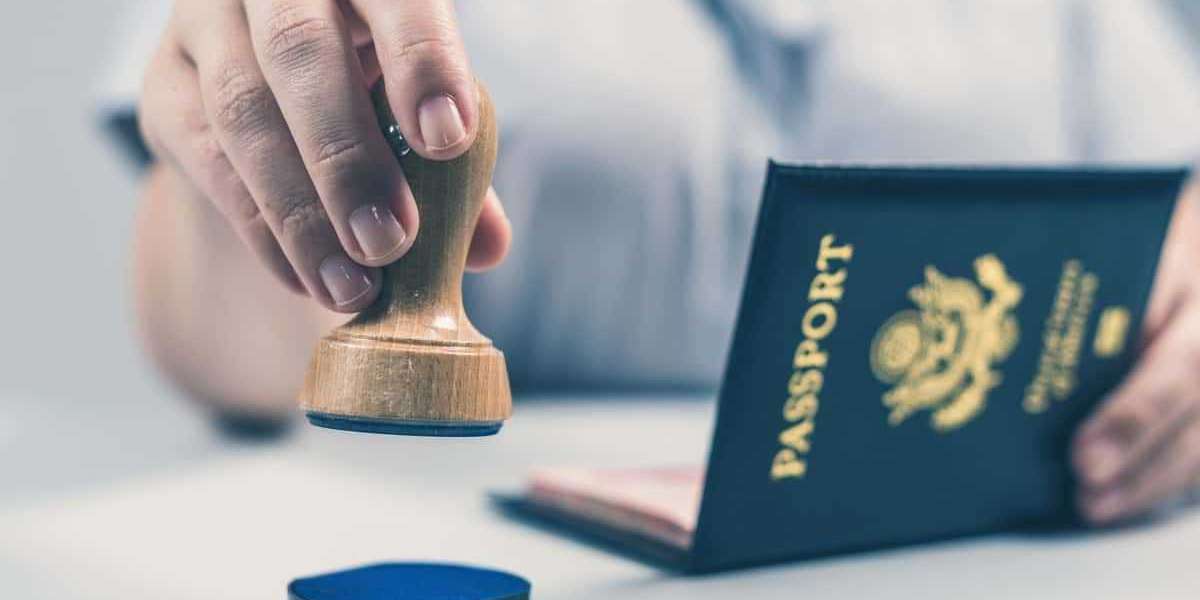When powering your boat, a reliable boat battery is essential. Without it, you're left stranded on the water, and that's not a situation any boater wants to face. Whether you're out for a day of fishing, cruising with family, or embarking on a more extended adventure, your boat's battery is its lifeblood. This comprehensive guide will reveal what makes a boat battery different, how to choose the right one, and maintenance tips to ensure you never miss a beat on the water.
Understanding the Different Types of Boat Batteries
Before diving into which boat battery is correct for you, it's essential to understand the three main types used in marine applications: starting batteries, deep cycle batteries, and dual-purpose batteries.
- Starting Batteries: Designed to deliver a quick burst of power to start the engine, these batteries excel in short, intense usage.
- Deep Cycle Batteries: Built to provide a consistent, lower power level over an extended period. These are ideal for running electronics like lights, fish finders, or trolling motors.
- Dual-Purpose Batteries: A hybrid option, dual-purpose batteries can handle both starting and deep cycling but may not excel at either function compared to specialized batteries.
Your choice of boat battery largely depends on your boating activities. Are you using electronics extensively while the engine is off? Do you need a powerful engine starter? Consider your needs carefully when making a selection.
How to Choose the Right Boat Battery
Choosing the correct boat battery can be overwhelming with the many options available. Here are a few key factors to consider:
- Battery Capacity (Amp Hours - Ah): This rating measures how long a boat battery can provide power before recharging. If you're using multiple electronics, look for a higher amp-hour rating.
- Cold Cranking Amps (CCA): This is especially important for boats used in cold conditions. CCA refers to the power needed to start the engine in cold weather. Higher numbers mean the battery can perform better in harsh conditions.
- Voltage: Most boats require a 12-volt battery, but a 24-volt system may be necessary for larger vessels to power the ship efficiently.
- Weight and Size: Ensure your boat has enough space for the battery, and consider the weight. Some larger batteries can be heavy, affecting your boat's distribution.
- Maintenance: Some boat batteries require regular topping off water levels (flooded batteries), while others, like AGM (Absorbent Glass Mat) and gel batteries, are maintenance-free.
Popular Boat Battery Options
Today's offers many high-quality boat batteries, but a few brands stand out due to their reliability and performance:
- Optima BlueTop: Known for its excellent durability and reserve capacity, this deep cycle and starting battery hybrid can withstand harsh marine conditions.
- Exide Edge FP-AGM24DP: A dual-purpose AGM battery praised for its long life and ability to handle deep cycle and starting tasks.
- VMAXTanks MR127: A deep cycle battery that delivers consistent power and is a favourite among boaters who need reliable performance for extended periods.
Proper Installation for Optimal Performance
When installing your boat battery, it's essential to follow some basic guidelines to ensure safety and longevity:
- Secure Mounting: A loose battery can shift while the boat is in motion, leading to possible damage or short circuits.
- Correct Wiring: Always ensure the battery is wired correctly, ensuring the positive and negative terminals are securely connected. Incorrect wiring can lead to a short circuit or drain the battery unnecessarily.
- Ventilation: Proper ventilation is critical if you're flooded with a battery. These batteries can emit gas, which needs to dissipate to prevent a build-up that could become dangerous.
- Use Marine-Specific Cables: The harsh marine environment can corrode standard cables quickly. Make sure your battery is hooked up with marine-grade cables for better durability.
Maintaining Your Boat Battery
A good boat battery isn't, so you want to ensure it lasts as long as possible. Here are some tips to help maintain your boat battery and extend its lifespan:
- Regular Charging: Marine batteries should never be allowed to completely discharge, which can significantly shorten their lifespan. Keep them charged, especially after long outings.
- Monitor Water Levels: For flooded lead-acid batteries, check the water level regularly and top off with distilled water as needed. This ensures the battery plates are fully submerged and prevents damage.
- Clean Terminals: Battery terminals can corrode over time, affecting the flow of electricity. Keep them clean by using a mixture of baking soda and water to scrub away any corrosion.
- Use a Smart Charger: Instead of a standard charger, use an intelligent charger that adjusts the current to the battery's battery. This helps avoid overcharging and keeps the battery in good condition.
Lifespan of Boat Batteries: What to Expect
The average lifespan of a boat battery depends on several factors, including usage patterns, maintenance, and the quality of the battery itself. On average, you can expect:
- Starting Batteries: 3 to 5 years, depending on how often the boat is used.
- Deep Cycle Batteries: 4 to 6 years, but they can last even longer with proper care.
- Dual-Purpose Batteries: 3 to 4 years on average.
Regular charging and proper storage during the off-season can significantly extend your boat battery's life.
Boat Battery vs. Car Battery: What's the difference?
Many people wonder whether a car battery can be used in a boat. While it might be tempting due to price, there are significant differences to consider:
- Construction: A boat battery is designed to handle marine environments' vibrations and potential tilting. Car batteries are not built for this movement level and may wear out faster.
- Discharge Capabilities: Boat batteries, especially deep cycle batteries, are designed to discharge and recharge multiple times, while car batteries are primarily made for starting engines and short bursts of power.
For these reasons, always opt for a boat battery over a car battery to ensure reliability and safety on the water.
Common Boat Battery Issues and Troubleshooting
Like any other piece of equipment, a boat battery can experience problems. Some of the most common issues include:
- Battery Drain: If you find your battery draining too quickly, check for any electronic devices that may be left on while the boat is not in use. It's possible that the battery is old and can no longer hold a charge.
- Corroded Terminals: Corrosion is common in marine environments due to saltwater exposure. Cleaning the terminals regularly can help maintain a good connection.
- Overheating: If your battery gets too hot, it could indicate a problem with the charger or overworked battery. Constantly monitor battery temperature during use and charging.
Why Invest in a Good Boat Battery?
A quality boat battery is not just a luxury—it's a necessity. Investing in a high-quality battery ensures that your boat operates smoothly, your electronics function as expected, and you avoid any unexpected breakdowns during your adventure. Plus, with proper care and maintenance, a good boat battery can serve you for years, giving you peace of mind on the water.
FAQs
What type of boat battery do I need?
The type of boat battery you need depends on your boat's boat's usage. Starting batteries are good for quick bursts of power, deep cycle batteries provide long-term power for electronics, and dual-purpose batteries combine the best of both.
How long do boat batteries last?
A good boat battery can last between 3 and 6 years, depending on how it's used and maintained.
Can I use a car battery in my boat?
No, it's not recommended. Boat batteries are designed to handle marine applications' specific needs and environment, whereas car batteries are built for different purposes.
How often should I charge my boat battery?
Charging your bIt'soat battery after each use is good practice to prevent deep discharge, which can shorten the batterybattery'sWhat is the difference between AGM and flooded boat batteries?
AGM (Absorbent Glass Mat) batteries are maintenance-free and can handle rough conditions better than flooded batteries, which require regular water checks but are typically less expensive.
How do I maintain my boat battery?
Regularly charge your boat battery, clean the terminals, check water levels for flooded batteries, and store it properly during the off-season.
Conclusion
A dependable boat battery is an essential part of any marine adventure. By understanding the different types, choosing the right one for your needs, and maintaining it properly, you can ensure smooth sailing and long-lasting power for your boats. Whether fishing, cruising, or exploring new waters, your boat battery will be your reliable companion. Remember, investing in a high-quality battery will save you headaches and keep your boat running efficiently for years.








